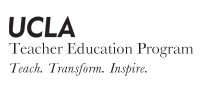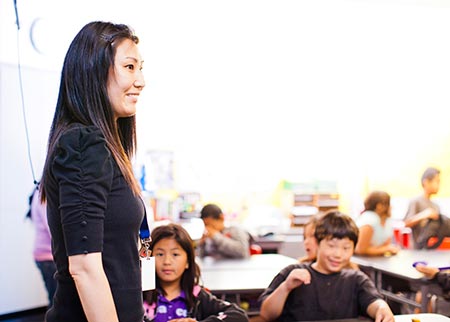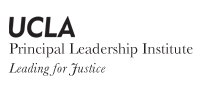About Center X
Over the past thirty years our center at UCLA has grown into a community of more than 100 educators working across multiple programs: two graduate credential programs, Teacher Education Program (TEP) and Principal Leadership Institute (PLI), and many professional development initiatives. Together, we work to transform public schooling to create a more just, equitable, and humane society. We believe that this work is an enduring feature of our democracy and that it occurs within and across multiple communities—of teachers, students, parents, community members, elected officials, researchers and others engaged in democratic life. Together, these communities transform public schooling through inquiry and change, by asking questions and solving problems, fueled by passionate resolve and persistent effort.
Center X Roots
A brief history of Center X and its work to transform public schooling
Our center is called Center X to capture both the intersection of research and practice as well as our roots as an activist community. First conceived in 1992 as a result of the upheaval and self-examination stemming from Los Angeles’ Rodney King verdict uprisings, Center X strives to challenge the status quo that perpetuates inequity and poor educational practice. As a community, we are working to enact our ideals—“making the rhetoric real,” as the center’s founder Jeannie Oakes framed our effort in 1996. We believe that transformative work must tackle head on the deep social inequalities manifest in schools as gaps in educational opportunities and achievement. We do not believe that these gaps or inequities will be solved by schools alone, yet we remain committed to public schooling as one of the best democratic spaces for working to become a better, more just society.
Education in Troubled Times
In 1993, when the University of California’s Advisory Committee on Professional Education released Education in Troubled Times: A Call to Action, Center X emerged as the response of UCLA’s School of Education and Information Studies. The report emphasized the inequitable circumstances reflected in American public schools and stated:
Changes within the cultures of all our educational institutions are required. Any effort to transform teacher education and reform urban schools must also transform the relationship between the university and the schools and make fundamental changes in the culture of the university itself.
As a result of the report, the focus of the UCLA School of Education and Information Studies changed—guided by principles of social justice—to serve and collaborate with the lowest-resourced and underserved schools in the Los Angeles community, specifically East Los Angeles, Pico Union downtown area, South Los Angeles, and the Crenshaw District.

 Combining research-based, culturally responsive curricula with focused efforts on recruiting teachers of color, Center X’s
Combining research-based, culturally responsive curricula with focused efforts on recruiting teachers of color, Center X’s  To date, Center X’s Teacher Education Programs have prepared thousands of teachers for placements in Los Angeles’ hardest to staff urban schools.
To date, Center X’s Teacher Education Programs have prepared thousands of teachers for placements in Los Angeles’ hardest to staff urban schools. In 2000, the
In 2000, the